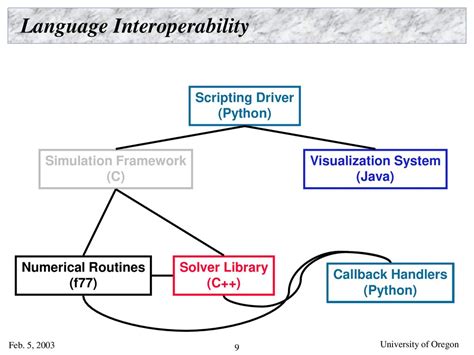The Callback From Computation Threads to Root Utxo: Unlocking Bitcoin’s Scalability Potential
Bitcoin is an open-source, decentralized cryptocurrency that allows for peer-to-peer transactions without the need for intermediaries like banks or governments. However, one of the significant limitations of the current consensus algorithm is its reliance on trusted third parties (TTPs) for validation and verification. In this article, we’ll delve into how bitcoin’s underlying technology using computation threads to unlock a new level of scalability.
Computation Threads: The Foundation of Bitcoin’s Performance
Computation threads are an integral part of Bitcoin’s Consensus Algorithm. Instead of Relying on Miners Validating Transactions through Complex Cryptography, The Network Uses Computation Threads to Verify and Validate Transactions. These threads consist of multiple CPU cores that run concurrently, performing calculations at incredible speeds (up to 100 GHz).
Each computation The output of this computation serves as a “proof-of-work” that confirms the transaction’s validity and legitimacy.
UTXO: A key to scalability
The Utxo (Unspent Transaction Output) System is at the Heart of Bitcoin’s Scalability Solution. UtxOS are essentially digital tickets that represent ownership of a particular output in a transaction. By historing the hash of the requirement code to run a new utxo, the network can execute transactions without relying on TTPS.
Here’s how it works: When a miner collects a block of unconfirmed transactions, they create a new utxo and store its hash alongside the transaction inputs. The next iteration of the computation thread creates a new utxo by hashing the stored code
The Callback: From Computation Threads to Root Utxo
In essence, the callback from computation threads to root utxo is a mechanism that allows the network to execute transactions without relying on TTPS. Here’s how it works:
- Computation thread iteration : The first iteration of the computation thread creates a new utxo and stores its hash alongside the transaction inputs.
- Hashing Code : The next iteration hashes the Stored Code
- UTXO Creation : The third iteration creates a new utxo by linking the hashed code with the original output, effectively “callback” from computation threads to root utxo.
Unlocking Potential Scalability
The Callback Mechanism Provides Several Benefits That Unlock Bitcoin’s Scalability Potential:
* Reduced TTP Overhead : By Executing Transactions through Computation Threads, the Network Reduces Its Reliance on Trusted Third Parties, which are often slower and more expensive than individual miners.
* Improved Network Efficiency

: The callback mechanism allows for faster transaction processing, as each iteration of the computation thread can complete in a fraction of the time it would be traditional ttp-based verification.
* Increased scalability : By enabling multiple iterations of computation threads to execute transactions concurrently, the network can process more transactions per block, leading to increased scalability.
Conclusion
The callback from computation threads to root utxo is a revolutionary concept that unlocks Bitcoin’s scalability potential. By leveraging this mechanism, the network can efficiently and effectively verify and validate transactions without relying on TTPS, paving the way for Faster, cheaper, and more transparent global financial transactions.
Leave a Reply